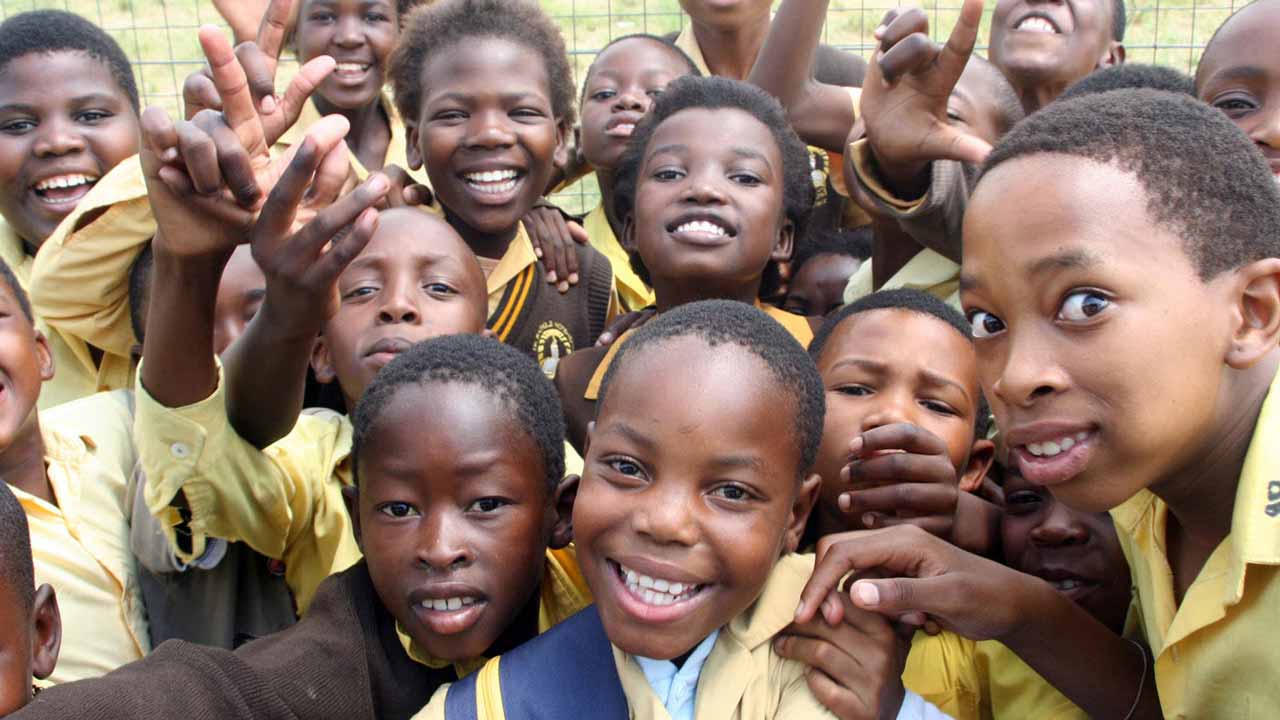
Human development indicators show that Nigeria does not adequately invest in its people. Nigeria continues to perform abysmally in key health and education indicators. The country is the second largest contributor to the world’s maternal mortality rate. Worse still, pregnant women are not the only ones faced with this bleak reality as the average Nigerian is expected to die at age 53. On education, 10.5 million children are not enrolled in school, the world’s highest number of out-of-school children, and four out of five children who have completed primary education cannot read.
The country’s low human capital has caught the attention of philanthropists: the founders of the Tony Elumelu Foundation, Dangote Foundation, and more recently, Bill and Melinda Gates Foundation. While at the National Economic Council in March 2018, Bill Gates, co-founder of the Bill and Melinda Gates Foundation pointed out that the government’s low investment in the education and health sectors has contributed to these poor outcomes. In 2018, the proposed national budget for education as a percentage of GDP is a meagre 0.005 percent which is a significant shortfall from the UN-recommended 6 percent. In the same year, the budget share for health stood at 4 percent, significantly lower than the AU-recommended 15 percent.
However, increased funding is not the sole pathway to positive outcomes in these sectors. According to Gates, availability of facilities, stock of medicine and equipment, among other non-financing mechanisms, are equally critical in achieving improvements in the health sector. A paper by my colleague, Joseph Ishaku, shares the same opinion. The study shows the importance of school quality – class size, textbook availability, school organization, and feeding programme – in the learning outcomes of children.
Alternatives to Increased Funding
With the same funding, the government can deliver better education and health outcomes by leveraging on the skills and resources of relevant stakeholders. Partnerships with the private sector, donor community and development institutions will share risks and expertise, promote coordination and prevent duplication of efforts. On education, Abia state is a notable example on public-private partnerships. Abia, which has topped WAEC results across the country for three years (2015, 2016 and 2017) in a row, adopted the Friends of Abia School Adoption Initiative (FASAI) in 2015. Through FASAI, indigenes of the state contribute to the state’s educational system by paying for the fees of school children and/or renovating school buildings.
Infusing technology is another means to help the government accomplish more for less. In the health sector, technology can aid in providing access to healthcare services in rural areas and fragile zones, curtail diagnostic errors and reduce mortality. In 2009, Ondo state government demonstrated how technology can be deployed to solve a health problem. The government initiated the Abiye (Safe Motherhood) Program which offered cell phones to expectant mothers in order to connect them to health workers, increasing skilled-attendance of birth by fifteen-folds.
Lastly, improved data collection is critical in deploying proven methods rather than wasting time and resources by reinventing the wheel. Establishing a unified data collection system at both federal and state levels will aid in making fact-based decisions, utilize scarce resources more efficiently and track improvement in outcomes.
According to economic theory, investments in human capital – skills, knowledge and health of people – is essential to a country’s economic growth process. U.S. history tells the story of how five men – Cornelius Vanderbilt, John D. Rockefeller, Andrew Carnegie, J. P. Morgan, Thomas Edison and Henry Ford – and their workers transformed the U.S. into a global super power. Chinese entrepreneurs, in part, transformed the former communist nation to capitalism, turning China into the second biggest global economy. Nigeria with its young population structure (over half of the population is below age 18) stands a great chance of reaping significant demographic dividends if its citizens are productive and actively participate in the economy. Investments in education and health sectors will develop Nigeria’s most valuable resource – the Nigerian people – and engender long-term economic growth.

